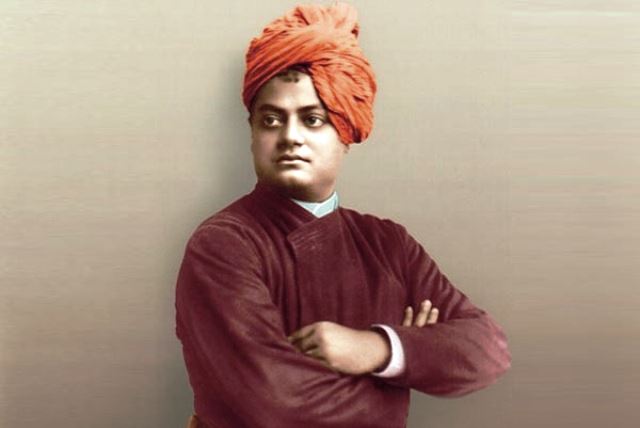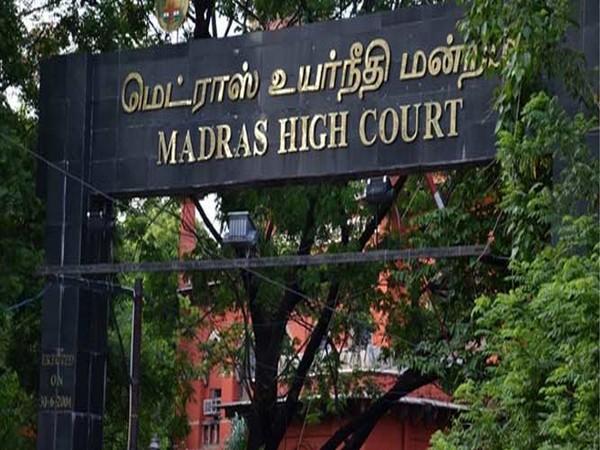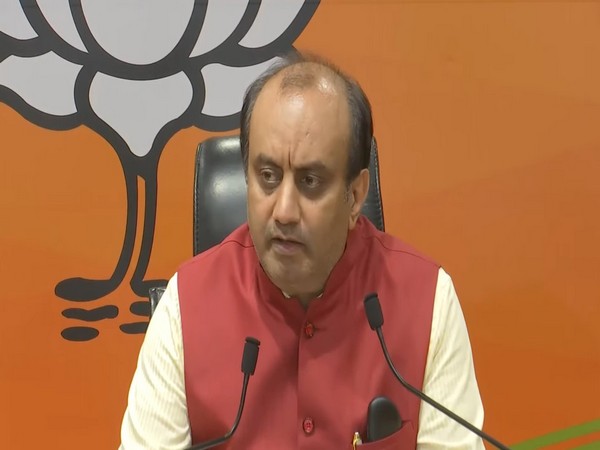Swami Vivekananda, one of India’s foremost spiritual leaders, left an indelible mark on humanity through his profound teachings and vision for a better world. His ideas, deeply rooted in ancient Indian wisdom, continue to resonate with extraordinary relevance in the modern era, offering transformative solutions to the challenges of the 21st century. From inspiring personal development to advocating societal transformation, his teachings provide enduring guidance for individuals and nations alike, lighting the path toward progress and harmony.
Vivekananda’s call for universal brotherhood and interfaith harmony serves as a beacon of hope in a world increasingly divided by religious, cultural, and ideological differences. At the 1893 Parliament of the World’s Religions in Chicago, his groundbreaking address captivated audiences with its profound emphasis on the unity of all religions and the need for mutual respect. Declaring, “We believe not only in universal toleration but we accept all religions as true,” Vivekananda appealed for global harmony. His assertion that all spiritual paths lead to the same divine truth challenges humanity to rise above petty sectarianism and divisive dogmas. Today, as the flames of intolerance fuel conflicts across the globe, his message underscores the urgent need for dialogue, understanding, and coexistence among diverse communities. His vision compels individuals and societies to embrace diversity, fostering bridges of compassion and understanding that transcend superficial differences.
Swami Vivekananda’s belief in the transformative potential of youth was central to his vision for a rejuvenated society. He regarded young minds as the backbone of a nation’s progress, urging them to cultivate self-confidence, discipline, and a resolute sense of purpose. His famous exhortation, “Arise, awake, and stop not till the goal is reached,” continues to inspire young people striving for excellence in various spheres. To Vivekananda, youth were not merely the inheritors of the future but the architects of societal change, capable of transforming their energy, idealism, and innovation into powerful forces for progress. In an age marked by distractions and uncertainties, his teachings encourage young individuals to harness their potential constructively, contributing meaningfully to society. By emphasizing moral courage and ethical behavior, Vivekananda’s philosophy equips the youth to address modern challenges with resilience, integrity, and a steadfast commitment to higher ideals.
Vivekananda’s vision of education extended far beyond the confines of academic learning. He championed a holistic approach that nurtures character, moral values, and the spirit of inquiry. According to him, “Education is the manifestation of the perfection already in man.” True education, in his view, empowers individuals to face life’s challenges with courage and wisdom. In today’s world, where education often prioritizes rote learning and material success, Vivekananda’s perspective advocates for a balanced system that fosters intellectual, emotional, and spiritual growth. His call for blending ancient wisdom with modern knowledge offers a framework for creating an education system that not only imparts skills but also instills virtues such as empathy, perseverance, and self-awareness. By aligning education with the holistic development of individuals, his teachings lay the groundwork for a society that values both competence and compassion, inspiring a generation of enlightened individuals capable of leading with vision and humanity.
In the fast-paced modern world, where many individuals grapple with stress, anxiety, and a pervasive sense of emptiness despite material success, Vivekananda’s teachings on spirituality provide a roadmap for achieving inner peace and fulfillment. He urged people to discover their true selves through meditation, selfless service, and devotion. His philosophy harmonizes spiritual and material pursuits, offering a path to leading a meaningful and balanced life. Vivekananda’s concept of ‘Practical Vedanta,’ which advocates applying spiritual principles in daily life, equips people to transcend mundane struggles and achieve a profound sense of purpose and connection with the universe. By reminding humanity of the inherent divinity within each individual, he encouraged self-belief and the pursuit of higher ideals, bridging the gap between worldly endeavors and spiritual aspirations.
Vivekananda was also a visionary advocate for the empowerment of women, recognizing their pivotal role in shaping a just and prosperous society. He passionately called for the education and upliftment of women, asserting that no society could progress without their active participation. “There is no chance for the welfare of the world unless the condition of women is improved,” he declared, emphasizing the need for equality and inclusion. In today’s world, where gender disparities persist, his teachings inspire efforts to dismantle patriarchal structures and promote inclusivity. Vivekananda regarded women as custodians of culture and morality, urging them to pursue education, independence, and self-realization. His forward-thinking views continue to serve as a guide for fostering a more equitable society where women can contribute fully and freely, enriching humanity with their unique strengths and perspectives.
While Swami Vivekananda was a passionate advocate for Indian culture and heritage, he also envisioned a world united by shared values and mutual respect. He encouraged Indians to take pride in their roots while embracing global perspectives, embodying a dual vision of nationalism and universalism. His statement, “Each nation has a message to deliver, a mission to fulfill, a destiny to reach,” reflects his belief in the unique contributions of every culture to global progress. In an era of globalization, where fostering cultural identity and international collaboration are equally vital, Vivekananda’s teachings inspire nations to strike a balance between preserving their traditions and participating in the global exchange of ideas and innovations. His vision of global citizenship calls for unity in diversity, reminding humanity of its shared destiny and collective responsibility.
Swami Vivekananda’s philosophy of selfless service remains a cornerstone of his teachings. Declaring, “Man service is service to God,” he emphasized the transformative power of helping others. His call to alleviate suffering and uplift the marginalized aligns seamlessly with the principles of modern social justice movements. In an age marked by growing inequality and environmental crises, his teachings inspire individuals and organizations to work toward a more equitable and sustainable world. Vivekananda’s idea of service transcends mere charity, advocating for empowerment and systemic change that addresses the root causes of inequality. By fostering a sense of responsibility toward the less fortunate, he urged humanity to build a world founded on dignity, compassion, and collective well-being.
Swami Vivekananda’s teachings transcend the boundaries of time and geography, addressing the fundamental issues of human existence with timeless wisdom. His vision of a harmonious world, empowered individuals, and enlightened societies continues to shine as a guiding light in the modern scenario. By embracing his ideals of universal love, self-realization, and selfless service, humanity can navigate the complexities of contemporary life with courage and clarity. His call to rise to the highest potential invites every individual to contribute to a future rooted in peace, progress, and unity. As the challenges of the 21st century test humanity’s resilience and vision, Vivekananda’s legacy remains a source of inspiration, guiding us toward a world where dignity, compassion, and understanding prevail. In a world yearning for solutions to division and despair, his message offers hope and direction—a timeless reminder of the enduring power of wisdom and the boundless potential of the human spirit.



